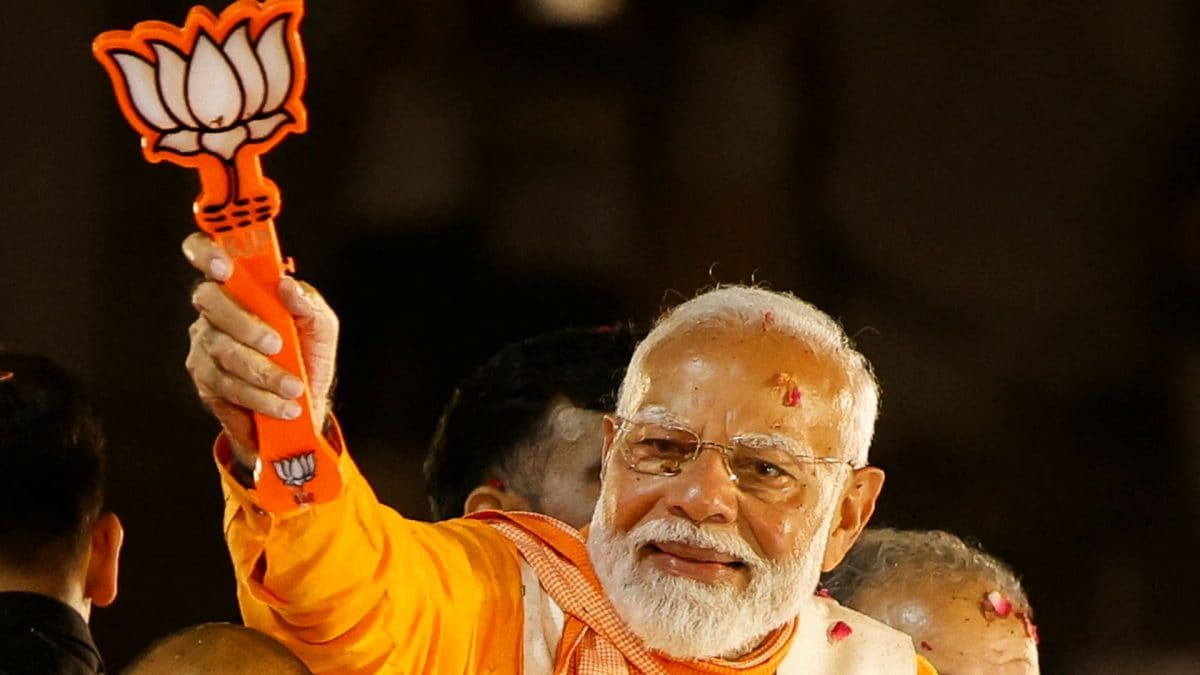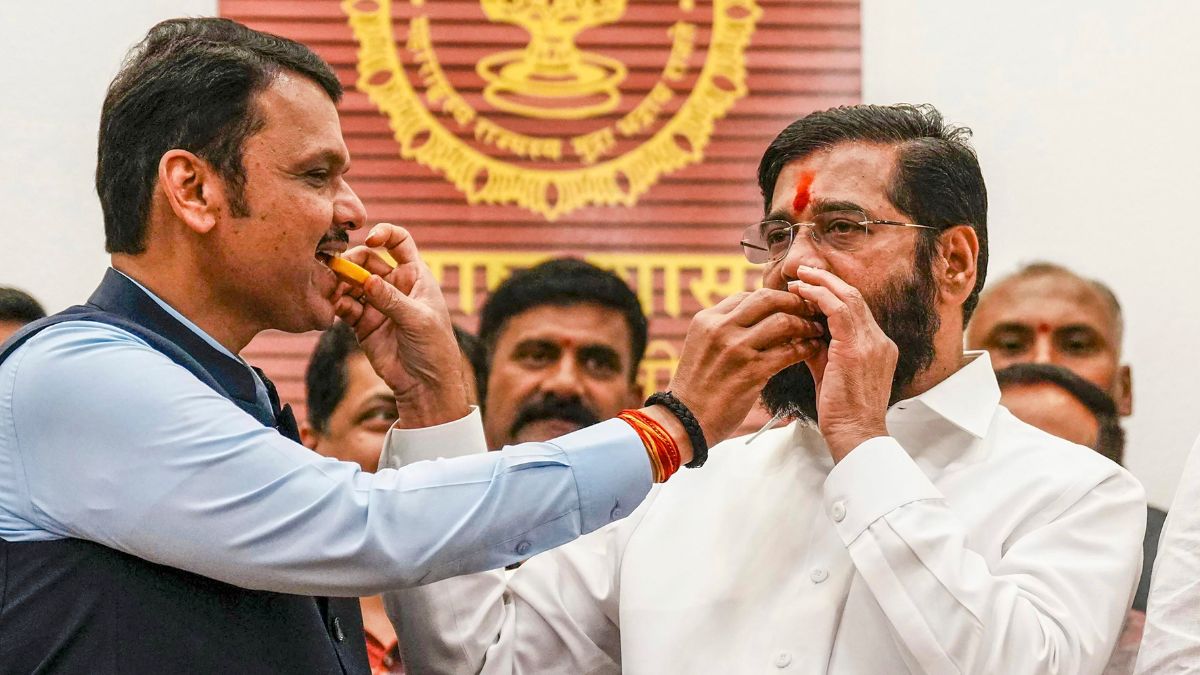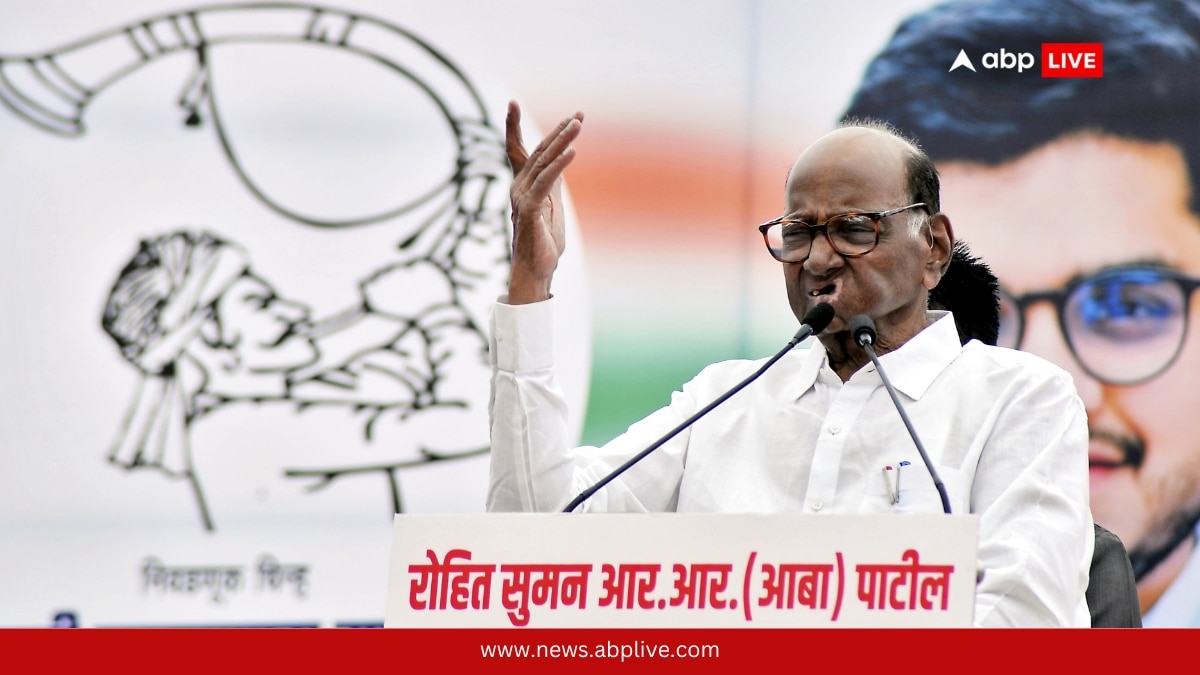
Donald Trump against all odds won the November 5, 2024 US presidential election. The election was free and fair, and the outcome credible. Congratulations will be in order.
Not only did he win the Electoral College votes, he won the popular votes with a resounding margin. His triumph is a complete repudiation of (OBD) Obama, Biden and Democratic Party extreme woke politics which many Americans disliked but were too afraid to publicly admit. The Democrats blew billions of dollars focusing on identity politics, scare mongering and demonization of Trump while ignoring the real challenges faced by everyday Americans.
All the celebrity endorsements, media fawning and skewed opinion polls came to nothing. Now we know the media and celebrity billionaires were paid millions of dollars for their hire for pay appearances and endorsements. The media and celebs meltdown that followed the loss of Kamala Harris speaks volume.
The working-class Americans control American politics, not Hollywood and mainstream media. Trump fought for the everyday Americans, and on November 5, they historically fought for him. They handed him a big mandate to implement the promises he made on the campaign trail and his cabinet picks reflect his priority to put America First.
These are men and women with talent and necessary skills to Make America Great Again. His victory is reshaping American politics coast to coast as the Republican Party is controlling the trifecta-of government in Washington – the Executive, the Senate and Congress, and you may add the Judiciary. While Trump’s policy on Africa remains unpredictable, what is, however, certain drawing from past experience is that he may not likely be enthusiastic in engaging Africa on a large scale but will not mind encouraging US businesses wishing to do business in Africa to go to Africa and prosper.
As he returns to the White House as the 47th President, Africa and Nigeria in particular must navigate the implications of his illiberal policy, which prioritises transactional politics and populist gestures and dislike for patient and principled diplomacy. This approach brings both opportunities and perils, particularly in the realms of democracy, security, economy, development and regional dynamics which in reality frames US foreign policy towards Africa. Trump’s disdain for multilateralism may hinder efforts to address conflicts in Africa, especially in the Sahel region where jihadist groups are active.
Sudan faces Africa’s largest war and famine with the UAE supporting one side and Egypt and Saudi Arabia backing the other. A Middle Eastern political reshuffle could facilitate Sudanese negotiation. Similar situations apply to Ethiopia’s relations with Egypt, Eritrea and Somalia.
Recall his spontaneous withdrawal of American troops from Somalia and potential outsourcing of military operations to allies or private contractors which created security vacuums. African countries in crisis should not expect US direct intervention under Donald Trump. For Trump, sending US soldiers in the frontline of any war will be a last resort.
Recall how he negotiated pulling out of Afghanistan with the Taliban’s without the confidence of his allies. The Trump Doctrine prioritised transactional deals with American allies in Egypt, Morocco, Saudi Arabia and Israel. This approach led to the Abraham Accords with Arab countries signing on.
The Kurds who fought side by side with US soldiers in Syria against ISIS were traded off to be finished by Turkey’s President Recep Erdogan. For Trump, the Kurdistan rebels were expendables. In the war between Ukraine and Russia, Trump already gave the hint of Ukraine trading territory for peace with Russia.
Nigeria’s President Bola Tinubu, familiar with Trump’s style, will likely seek to maintain good relations with the US to support Nigeria’s fight against Boko Haram. In his congratulatory message to Trump, President Tinubu expressed a wish for an earnest and beneficial relationship with the Trump administration. For this beneficial relationship to materialise Nigeria must be ready to maintain domestic stability and also regain its confidence as a regional power.
Nigeria’s influence as a regional power plummeted under the Muhammadu Buhari administration. Despite his tough stance against Nigeria in the past, Trump remains very popular among local Nigerians who believe in his candour as a strong leader, a no-nonsense person, pro religion and someone who will tell-off African leaders who refuse to fix their country. Trump may not be disposed to giving handouts to African leaders who loot their country’s resources.
Making an enemy of Trump will not be of Nigeria’s interest whilst relying on him to fix our domestic problems will be fruitless. One thing Nigeria must do is to get serious with leadership and good governance. Quit being a shit hole because that is how he sees us.
It is therefore our duty to reset Nigeria, take advantage of our diversity, prioritise Nigerians, strengthen democracy and democratic institutions and make Nigeria a great regional power. We need to be more coherent in framing our foreign policy as the US under Donald Trump will be impatient with our lethargy. How we go about resetting Nigeria is up to us.
However, Trump’s transactional approach may require Nigeria to make concessions, potentially undermining its sovereignty. To mitigate this, Nigeria can adopt a pragmatic and proactive approach, engaging with the US and other international partners to prioritise national interests while maintaining regional stability. Nigeria and China enjoy a robust trade and political relationship.
Trump’s hostility towards China’s influence in Africa may lead to reduced Chinese investment, potentially benefiting Nigerian businesses. On the other hand, Trump’s focus on bilateral deals may disadvantage Nigeria’s economy, particularly if the US prioritises relations with other African nations, while snubbing Nigeria. It is also possible that oil prices may fall as Trump intends to drill US oil which will reduce its foreign oil dependency.
West Africa’s fragile security situation and the rise of jihadist movements may lead to increased US engagement. Morocco’s ambitions for strategic leadership in West Africa may also create tensions. The United States under Trump may not tolerate the incursion of Jihadist taking control of the mineral rich West Africa which may end up in the hands of Communist China and Russia.
.














